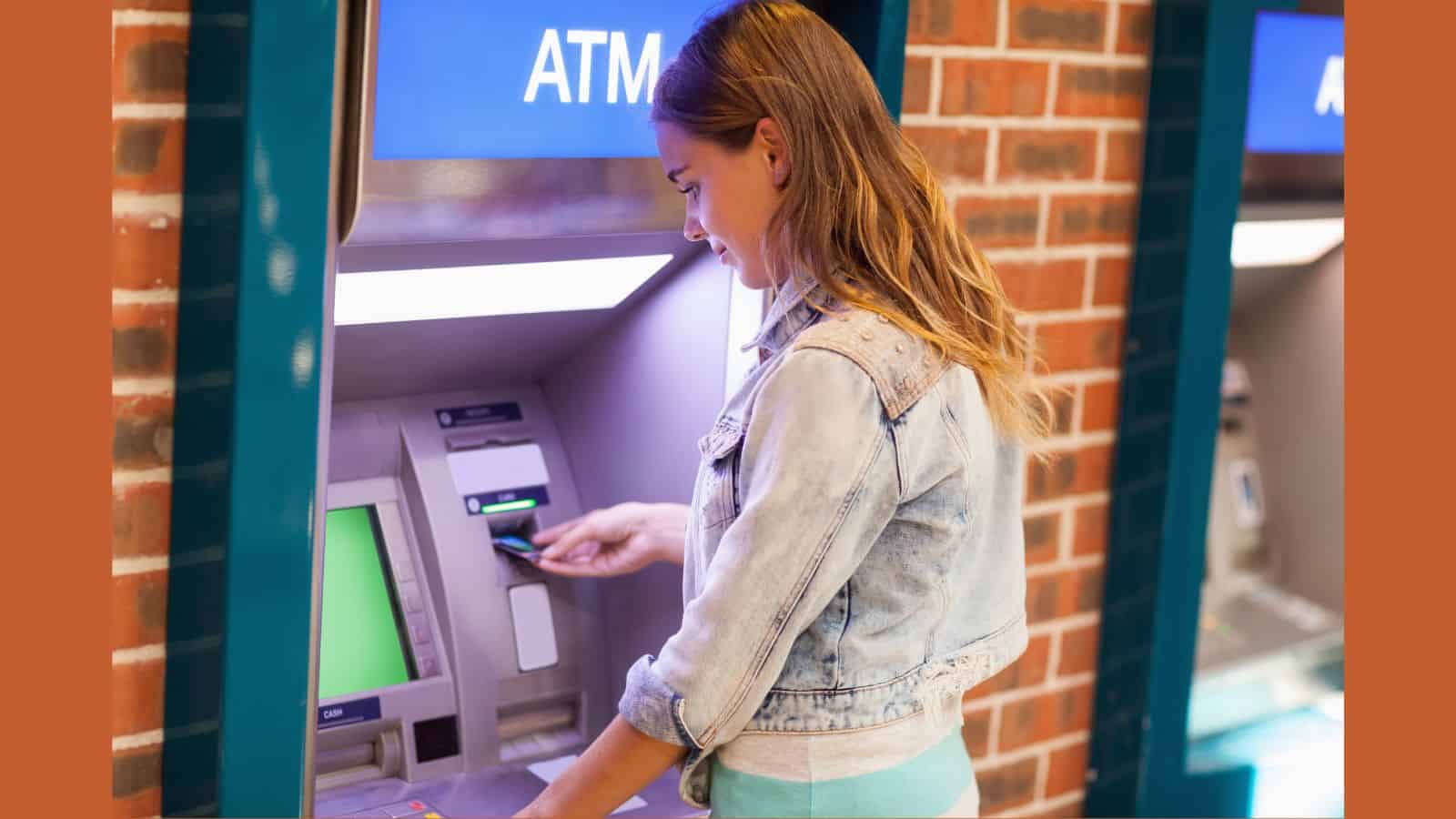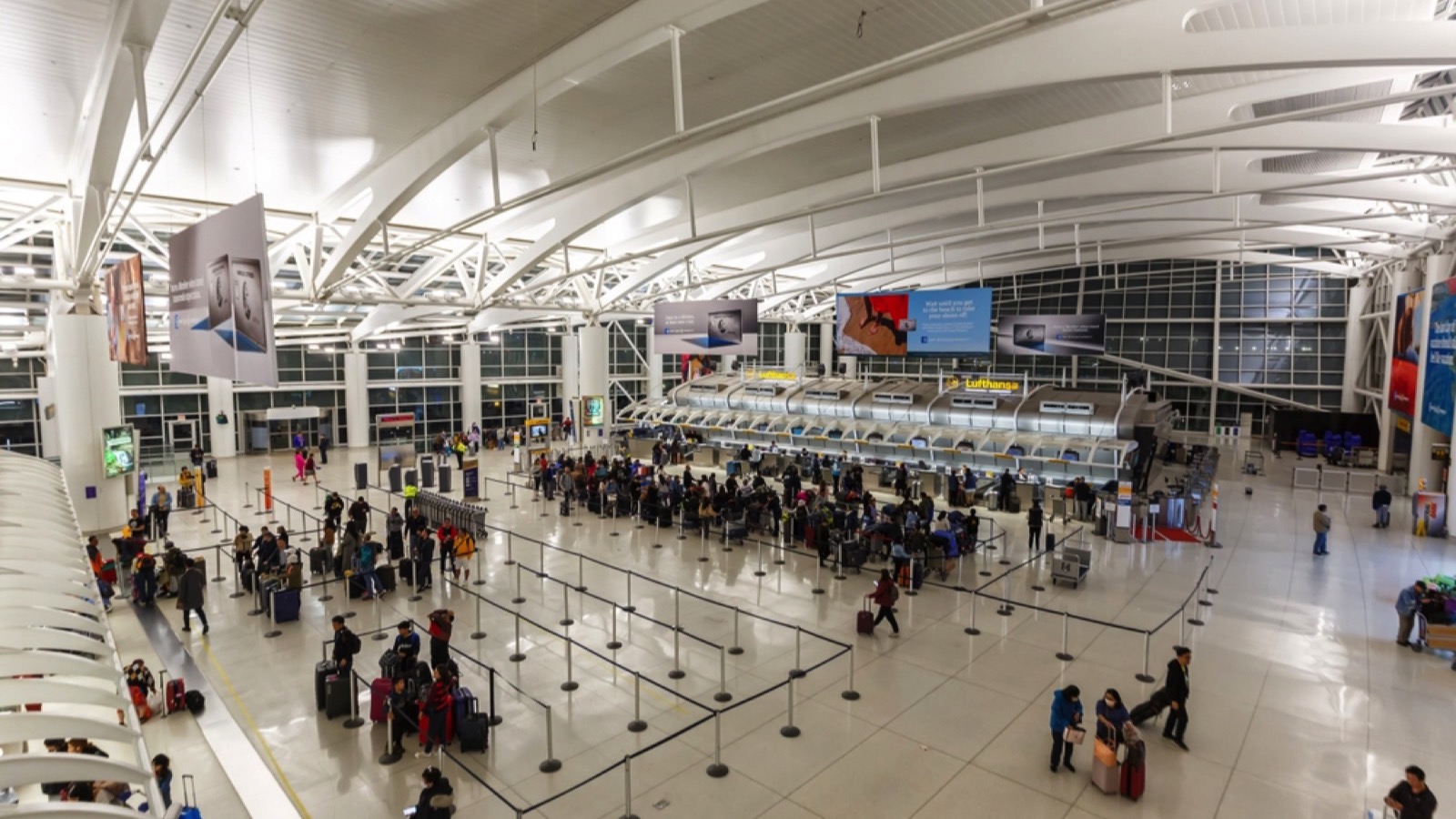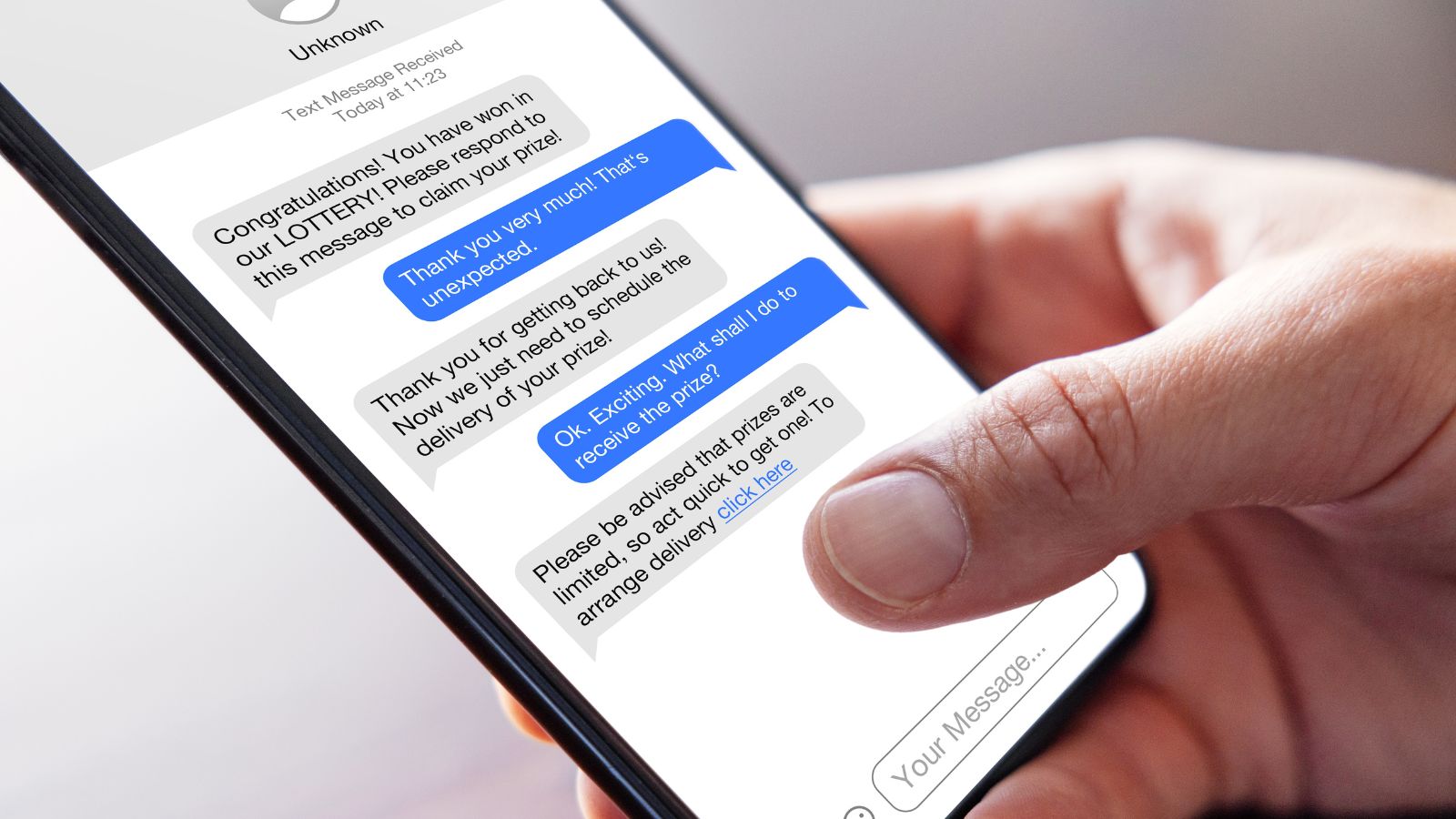Scammers are everywhere, and they’re always coming up with new ways to trick people out of their money or personal information. Whether you’re travelling abroad or just going about your daily life, it’s important to be aware of the places where you’re most likely to encounter a scam. These are the 17 spots to be wary of.
Cashpoints

According to USA Today, skimming is “on the rise”, where machines capture your card information, and are often installed on cashpoints in busy areas. Always inspect the machine before using it. If anything looks out of place, find another one. Cover the keypad when entering your PIN and be cautious of anyone standing too close.
Tourist Traps

Tourist hotspots are a magnet for scammers because they’re full of people who are unfamiliar with the area and often distracted by all the sights and sounds. Whether it’s a famous landmark or a bustling market, keep an eye out for people offering “special deals” that seem too good to be true.
Airports

Airports are another prime location for cons; you’re likely to be tired, stressed, and in a hurry, making you an easy target. Be wary of fake taxi drivers offering rides at exorbitant prices or unofficial airport staff offering to help with your luggage for a fee. Stick to official transportation options and keep your luggage close at hand.
Online Marketplaces

Shopping online can be convenient, but it’s also a common place to encounter scams, so be wary of deals that seem too good to be true or sellers asking for payment outside the official platform. Phishing scams are also common, so avoid clicking on links in unsolicited emails or messages.
Street Vendors

Although they offer unique and interesting items, street vendors can also be a source of fraud; you might be sold counterfeit goods, charged excessively, or even have your payment information stolen if the vendor uses a card skimmer. Always negotiate prices beforehand, pay in cash when possible, and be aware of your surroundings.
Public Transportation

Swindles on public transportation can range from pickpocketing to overcharging for tickets, and you’ll want to watch out for “helpers” at ticket machines who may try to overcharge you for assistance. Use official ticket counters or machines, and don’t let anyone distract you while you’re handling money or your tickets.
Charity Solicitations

While many charities do great work, there are also fraudulent ones that prey on your goodwill, which is why scammers often use high-pressure tactics to get you to donate on the spot, whether in person or online. If you’re approached on the street, politely decline and look up the organisation later if you’re interested in supporting their cause.
Social Media

Social media platforms are rife with cons, from fake contests and giveaways to phishing attempts, and you should ignore any messages or posts that ask for personal information or money. Tricksters often create fake profiles to gain your trust so verify the legitimacy of any offer by checking official sources and avoid clicking on suspicious links.
Hotels

Even your hotel isn’t completely safe from scams, unfortunately. Fake phone calls from “hotel staff” asking for your credit card information are common. Always go to the front desk to handle any issues. Also, be safe with Wi-Fi networks and use a VPN if possible.
Car Rentals

If you’re renting a car, it can lead to several types of dishonest behaviour, including being overcharged for insurance to being accused of damage you didn’t cause. Make sure to inspect the car thoroughly before taking it and take pictures of any existing damage, and read the rental agreement carefully and understand all charges.
Email Phishing

Designed to trick you into providing personal information or clicking on malicious links, email phishing often appears to be from legitimate sources like banks or online services. Always verify the sender’s address and avoid clicking on links in unsolicited emails; instead, go directly to the official website to handle any issues.
Job Offers

Scammers commonly use fake job offers to steal your personal information or money. It can be difficult to recognise, but be aware of unsolicited job offers that require you to pay for training or supplies upfront. Never share sensitive information like your social security number or bank details until you’ve confirmed the legitimacy of the job and employer.
Timeshares

Timeshare presentations often come with high-pressure sales tactics and promises of amazing deals that turn out to be far less appealing, so don’t take up any offer that requires you to make a quick decision or pay a large upfront fee. Take your time to research and understand all the terms before committing to anything; if you feel uncomfortable or pressured, it’s best to walk away.
Dating Sites

Online dating can be a great way to meet new people, but it also has its risks. Fake profiles are made to gain your trust and then ask for money or personal information, therefore be suspicious of anyone who asks for financial help or avoids meeting in person. Take your time to get to know someone and look for any red flags.
Tech Support

Often posing as tech support agents to gain access to your computer and personal information, con artists might call you claiming there’s an issue with your device or you might encounter a pop-up warning while browsing. Never give control of your computer to someone you don’t know or trust.
Home Repairs

Unsolicited offers for home repairs can lead to various scams, from shoddy workmanship to outright theft; beware of contractors who show up at your door unannounced or offer deals that seem too good to be true. Always get multiple quotes and check references before hiring someone.
Fake Lotteries

Although it might be the news you’ve been waiting for, receiving a notification that you’ve won a lottery or sweepstakes you didn’t enter is a common con. Fraudsters use these tactics to get your personal information or trick you into paying fees to claim your prize. Remember: legitimate lotteries don’t require you to pay upfront to collect winnings.







